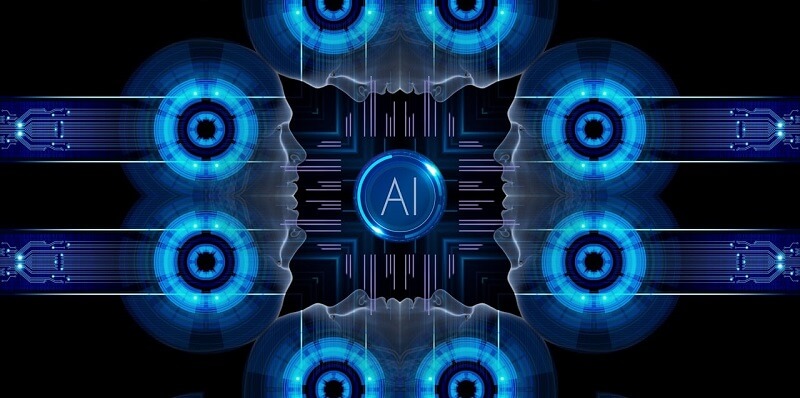The use of artificial intelligence (AI) in software creation is revolutionizing the way programs are developed, with the potential to boost the global gross domestic product (GDP) by $1.5 trillion by 2030. This article explores the growing adoption of AI and its impact on software development, with a focus on GitHub Copilot, an AI-powered extension that assists developers in creating programs.
Introduction of Copilot
Copilot, introduced less than a year ago, is an extension for Visual Studio and other developer tools that aids in program creation by offering scripts, natural language suggestions, and auto-completion. This AI-powered tool has the potential to significantly streamline the coding process and improve efficiency.
Analysis of Copilot’s Effectiveness
A study analyzing the activity of nearly a million GitHub developers revealed that those using Copilot accepted approximately 30 percent of its suggestions. This data highlights the acceptance and integration of AI-generated suggestions into the developers’ workflow.
Increased Productivity
Developers using Copilot reported increased productivity, a fact that has been confirmed by researchers. In a controlled experiment where developers were asked to code an HTTP server in JavaScript, those utilizing Copilot completed their projects 55 percent faster than those in the control group. This significant improvement in productivity demonstrates the positive impact of AI tools like Copilot on software development.
Global Efforts for Education and Employment
As the reliance on digital innovation increases, there is a need for global efforts to expand education, employment, and other opportunities to prepare societies for this transformative technological shift. Governments and institutions must prioritize the development of skills needed to leverage and adapt to AI advancements.
Productivity Boost and Seizing the Opportunity
The productivity boost provided by tools like Copilot plays a crucial role in meeting the growing demand for software development. The efficiency and effectiveness of developers using Copilot contribute to seizing the opportunity presented by the accelerating software demand. The integration of AI in the development process is a key aspect of navigating the fast-paced technological landscape.
A Defining Moment for Software Development
As more developers adopt AI-powered tools and become fluent in the skill set of working with generative AI, a new way of software development is emerging. This inseparable link between humankind and artificial intelligence has the potential to define how the world’s software is built for generations to come. The fusion of human expertise with AI capabilities creates a powerful synergy that propels the industry forward.
The soaring use of AI in software creation signifies a sea change in program development. The introduction of Copilot and similar AI-powered tools showcases their effectiveness in boosting productivity, saving time, and revolutionizing how software is developed. With the increasing reliance on digital innovation, societies must prioritize global efforts in education, employment, and other opportunities to prepare for a future where AI and human collaboration define the software development landscape. It is clear that the fusion of AI and software development will shape the industry for generations to come.

